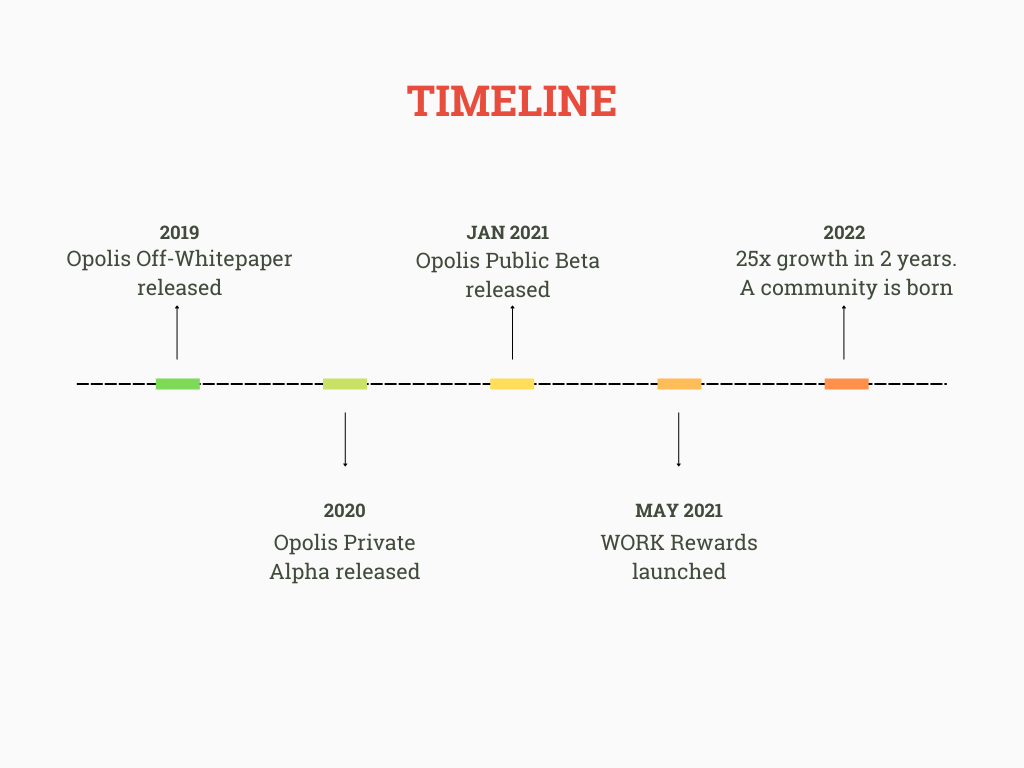About Us
Vision & Purpose
Opolis' purpose is to enable solopreneurs, the self-employed, and independent workers to choose the way they want to work and to express their unique creativity. To choose...from where, with whom, and how much makes sense to them and their personal goals.
Genesis
Opolis was birthed by the vision of a more egalitarian global employment framework: A platform that brings tools and infrastructure to independent workers whereby they design their work in a way that suits their personal lifestyle preferences.
With an estimated 90 million self-employed workers by 2028 in the U.S. alone, current toolsets are either out-of-date or non-existent for this population of workers. Up to now, virtually all employment and HR technology is designed toward corporations as the primary ‘customer’.
Opolis represents a new paradigm for employment. One where mutualistic outcomes prevail for workers and the clients or projects they serve.

Our Founders


John Paller is a technology entrepreneur with 20 years in the HR technology, compliance, and employment systems space. After building multiple successful enterprises, he founded Opolis, a next-generation employment platform for the independent worker. John serves as the Executive Steward for Opolis, where he provides vision, strategy, and domain expertise to the project.
Eddie Pastore is Co-Founder and Chief Operations Steward at Opolis. Eddie is responsible for Opolis’ overall financial strategy and operational direction. Eddie has been an executive in the HR Tech and Payroll Compliance space for 10 years, overseeing payroll compliance in nearly every US state.
Prior to entering the world of payroll, Eddie worked in the traditional corporate finance and real estate sectors where he developed and led the strategy and budget planning process to support the execution of $100MM+ plans.

Why the name "Opolis"?
Opolis is a combination of the Greek words “Opus” and “Polis”. Opus translates to "work" while Polis is the Greek word for “community” or “city”. Opolis is "Work City".

Magnum Opolis
The Opolis WORK Rewards Program is embodied in the Magnum Opolis. Inspired by the Magnum Opus (or "Great Work"), the Magnum Opolis (or "Great Work City") represents the transformation of employment from a corporate activity to one of self-employment ownership. Each stained glass pane also represents the diverse communities that culminate our "community of communities" mantra.

The meaning behind the "O"
The Opolis “O” symbol isn’t really an “O” at all. It’s a ‘Golden Ellipses’. A Golden Ellipses incorporates the Golden Ratio (a commonly used ratio in art and architecture of 1.618) to demonstrate an aesthetic balance between space and form. Opolis has incorporated this concept into its core logo mark to demonstrate its commitment to balance of equity within the ecosystem.
Regenerative Employment
DeGen, DeGen Everywhere? Reckless profit-seeking often leads to degenerative (or DeGen) behaviors. Degenerative activities are everywhere; both in Web2 and Web3 environments.
Some Web3 DeGen behaviors include: ‘flipping NFTs’ or ‘shilling tokens’ that have no underlying value. The goal is to make money at the expense of others in a fast moving game. All of this is really just an old-school buy-low/sell-high game of musical chairs. You just don't want to be standing around when the music stops.
Some examples aren't so obvious. The current employment framework is permissioned and paternalistic in nature. Traditional employment controls how, when, and where their employees work. Employers also have a fiduciary duty which requires maximization of profits on behalf of shareholders. Sharing value with the employees is not a priority of most Employers. We need a paradigm shift.
The birth of ReGen Economic Models. There is more altruistic movement that uses Web3 tools (smart contracts, community tokens, etc) for sustainable, positive-sum economic outcomes. These activities are often described as ‘public goods’ or, as we prefer, ‘regenerative (ReGen) games'.
Opolis = ReGen Employment. Everything we build at Opolis contributes to a regenerative vision for Employment. As a public utility that reorganizes the entire design of employment, the Opolis model creates a mutualistic relationship between workers and the projects/communities/companies they serve.
